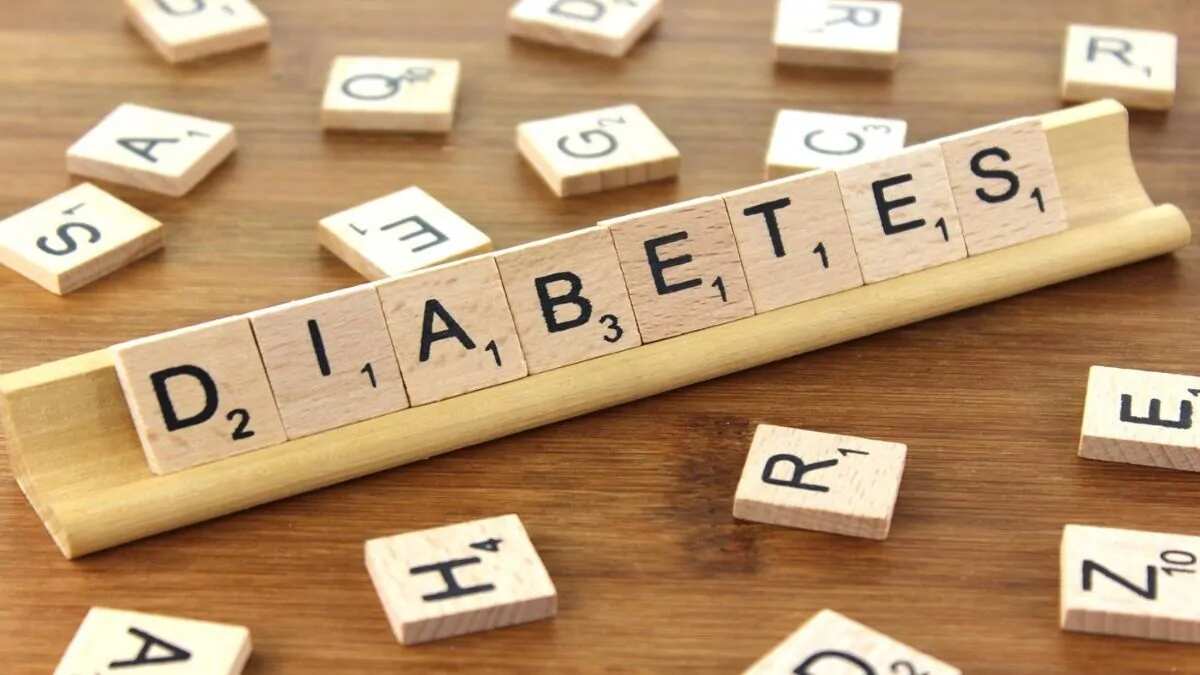
Living with diabetes requires careful attention to one's diet. It's crucial for diabetic patients to make informed choices about the foods they consume in order to manage their blood sugar levels effectively and maintain optimal health. While there are various foods that can be enjoyed as part of a balanced diabetic-friendly diet, there are certain foods that should be avoided. we will highlight eight foods that diabetic patients should steer clear of to support their overall well-being.
Also Read: Can An Apple A Day, Keep Diabetes At Bay?
Sugary Beverages: Regular consumption of sugary beverages like sodas, fruit juices, energy drinks, and sweetened teas can lead to a rapid spike in blood sugar levels. These drinks are high in added sugars, providing little to no nutritional value. They can contribute to weight gain, insulin resistance, and an increased risk of heart disease. Diabetic patients should opt for water, unsweetened herbal tea, or infused water with fruits and herbs as healthier and refreshing alternatives.
Processed Meats: Diabetic patients should be cautious about consuming processed meats such as deli meats, sausages, bacon, and hot dogs. These meats are often high in unhealthy fats, sodium, and artificial preservatives. Regular intake of processed meats has been linked to an increased risk of heart disease, high blood pressure, and poor blood sugar control. It is advisable for diabetic individuals to choose lean cuts of fresh meat, poultry, or fish as healthier protein options.
White Rice and Refined Grains: Foods made from white rice and refined grains like white bread, pasta, and baked goods have a high glycemic index. They are quickly digested and can cause a rapid increase in blood sugar levels. These refined carbohydrates are also stripped of essential nutrients and fibre. Regular consumption of white rice and refined grains can lead to weight gain, poor blood sugar control, and an increased risk of chronic diseases. Diabetic patients should opt for whole grains like brown rice, quinoa, and whole wheat bread, which provide more fibre and nutrients.
Sugary Desserts and Sweets: Diabetic individuals should avoid sugary desserts and sweets, as they are high in added sugars and can cause significant blood sugar fluctuations. Cakes, cookies, pastries, ice cream, and other sugary treats provide little nutritional value but contribute to weight gain and long-term complications of diabetes. Instead, diabetics can enjoy naturally sweetened desserts made with fruits, such as sugar-free fruit salads, baked apples with cinnamon, or Greek yoghurt topped with berries.
Fried Foods: Deep-fried foods like french fries, fried chicken, and battered snacks are typically high in unhealthy fats and calories. These foods can contribute to weight gain, elevated cholesterol levels, and increased insulin resistance. Diabetic patients should limit their consumption of fried foods and opt for healthier cooking methods such as baking, grilling, steaming, or sautéing with minimal oil to reduce the intake of unhealthy fats.
Trans Fats: Foods containing trans fats should be avoided by diabetic patients. Trans fats are primarily found in partially hydrogenated oils used in fried foods, commercially baked goods, and processed snacks. They raise bad cholesterol levels (LDL) while lowering good cholesterol levels (HDL). Trans fats can increase the risk of insulin resistance, inflammation, and heart disease. It is important to read food labels and choose products that do not contain partially hydrogenated oils.
High-Sodium Foods: Diabetic individuals should be mindful of their sodium intake. High-sodium foods, including processed meats, canned soups, fast food, and certain condiments, can contribute to high blood pressure, which is a common complication of diabetes. Excess sodium intake can strain the cardiovascular system and increase the risk of heart disease. Diabetic patients should choose fresh, whole foods and season their meals with herbs, spices, and other flavourings instead of relying on high-sodium processed foods.
High-Fat Dairy Products: Full-fat dairy products, such as whole milk, cheese, and butter, are high in saturated fats which can raise bad cholesterol levels and contribute to heart disease. Diabetic individuals are advised to choose low-fat or skim-dairy products and explore alternatives like unsweetened almond milk or Greek yoghurt. These options provide similar taste and texture while offering lower fat content, making them healthier choices for managing diabetes and promoting heart health.
It is crucial for diabetic patients to prioritize a balanced and nutritious diet. By avoiding these seven dangerous foods, individuals with diabetes can better manage their blood sugar levels, support overall health, and reduce the risk of complications. Consulting with healthcare professionals or registered diet
Maintaining a balanced and healthy diet is essential for diabetic patients. By avoiding foods that can cause blood sugar spikes and lead to other health complications, individuals with diabetes can optimize their overall well-being. Incorporating fresh and whole foods, opting for lean proteins, and avoiding processed and sugary foods can support effective diabetes management and help individuals maintain a healthy lifestyle. It's important to consult with a healthcare professional or registered dietitian to develop a personalized meal plan that suits individual needs and promotes optimal health for those living with diabetes.